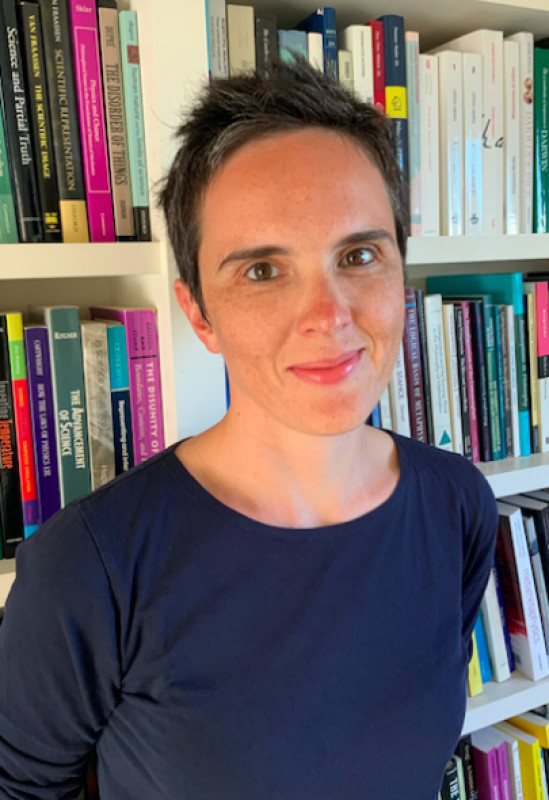KLI Colloquia are invited research talks of about an hour followed by 30 min discussion. The talks are held in English, open to the public, and offered in hybrid format.
Fall-Winter 2025-2026 KLI Colloquium Series
Join Zoom Meeting
https://us02web.zoom.us/j/5881861923?omn=85945744831
Meeting ID: 588 186 1923
25 Sept 2025 (Thurs) 3-4:30 PM CET
A Dynamic Canvas Model of Butterfly and Moth Color Patterns
Richard Gawne (Nevada State Museum)
14 Oct 2025 (Tues) 3-4:30 PM CET
Vienna, the Laboratory of Modernity
Richard Cockett (The Economist)
23 Oct 2025 (Thurs) 3-4:30 PM CET
How Darwinian is Darwinian Enough? The Case of Evolution and the Origins of Life
Ludo Schoenmakers (KLI)
6 Nov (Thurs) 3-4:30 PM CET
Common Knowledge Considered as Cause and Effect of Behavioral Modernity
Ronald Planer (University of Wollongong)
20 Nov (Thurs) 3-4:30 PM CET
Rates of Evolution, Time Scaling, and the Decoupling of Micro- and Macroevolution
Thomas Hansen (University of Oslo)
RESCHEDULED: 18 Dec (Thurs) 3-4:30 PM CET
Chance, Necessity, and the Evolution of Evolvability
Cristina Villegas (KLI)
8 Jan 2026 (Thurs) 3-4:30 PM CET
Embodied Rationality: Normative and Evolutionary Foundations
Enrico Petracca (KLI)
15 Jan 2026 (Thurs) 3-4:30 PM CET
On Experimental Models of Developmental Plasticity and Evolutionary Novelty
Patricia Beldade (Lisbon University)
29 Jan 2026 (Thurs) 3-4:30 PM CET
Jan Baedke (Ruhr University Bochum)
Event Details

Topic description / abstract:
In this talk, I argue for the need of a new concept of environment for human health studies. After showing the theoretical shortcomings of the fashionable concept of exposome, I borrow from studies in philosophy of biology the idea that the biological environment is a constructed niche. In this view, the environment is always determined (at least partly) by the properties and activities of its reference entity (ontological dependence). Besides, it includes elements that depend on the problem addressed by scientists (epistemological dependence). I claim that, to be more relevant and operational, the environment in health studies should be conceived as a pathogenic niche, epistemologically shaped by the physicians' questions, and ontologically determined by the population that inhabits it. Finally, I ask how our proposal could be translated into tools for scientific practice, and I show its empowering nature for physicians, scientists, but also for politicians and lay people.
Biographical note:
Francesca Merlin: Permanent research fellow in philosophy of science at CNRS and Director of the IHPST lab, Francesca Merlin holds a PhD in Philosophy (University of Paris 1 Panthéon Sorbonne, 2009). Her research focuses on central concepts in biology such as chance and probability, inheritance and reproduction, epigenetics both from the developmental and the evolutionary point of view. More recently, she has launched a research project on the plurality of ways in which the environment is conceived and operationalized in the study of environmentally induced diseases throughout biomedical and social sciences. Since 2018, she is President of the Société de Philosophie des Sciences (SPS). In 2019, she received the CNRS Bronze Medal.


